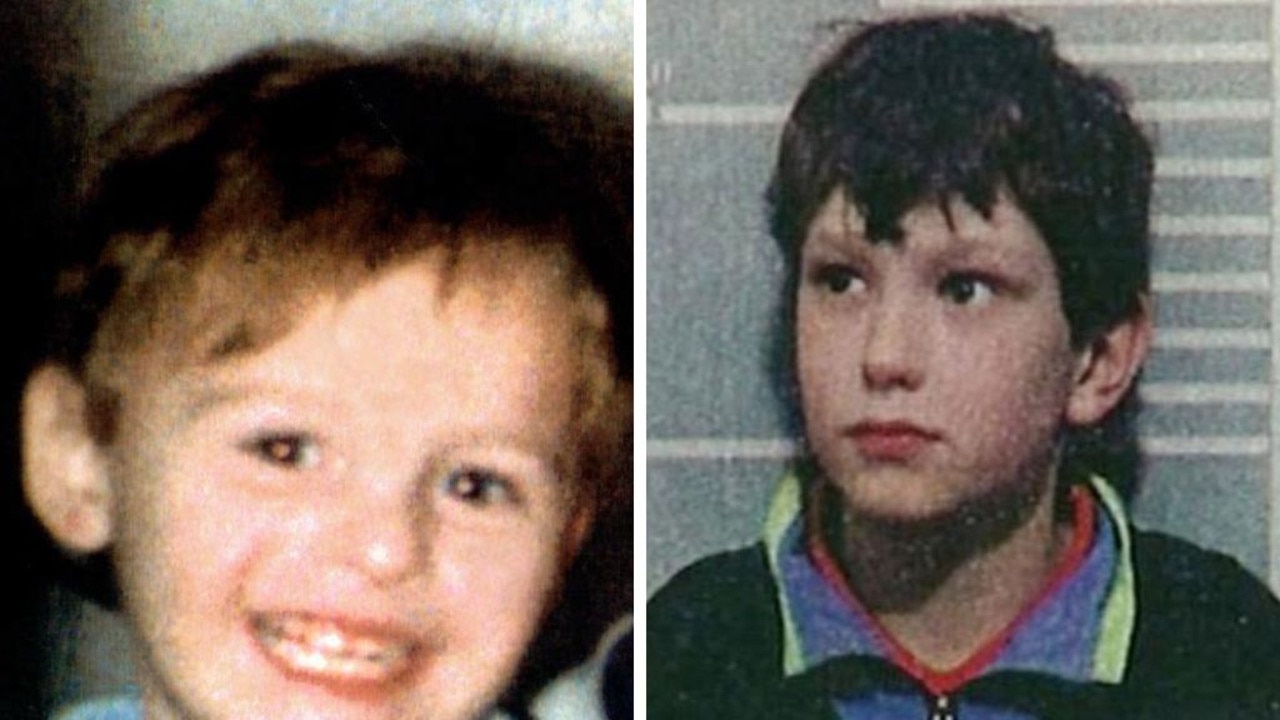Everyday activities like driving could expose people to the risk of skin cancer
Courtney Mangan, 35, never thought neglecting one simple act could mean she would be fighting cancer for six years.
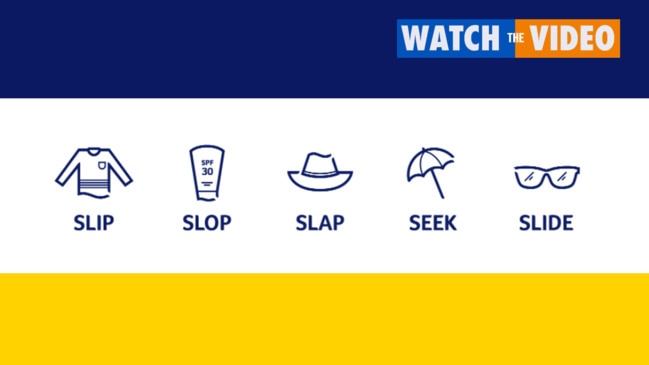
Real Life
Don't miss out on the headlines from Real Life. Followed categories will be added to My News.
Courtney Mangan never gave any thought to applying sunscreen before getting in her car but the 35-year-old now believes it could have saved her from a six-year battle with skin cancer.
The Gold Coast resident has red hair and fair skin, as well as a family history of skin cancer, so had believed she had always been careful about sun protection.
But Ms Mangan didn’t think about protecting herself when she wasn’t at the swimming pool or in other situations where she was exposed to the sun. She now realises there were other times when she was being exposed to high UV levels — especially living in sunny Queensland — that could have caused damage to her skin over time. Everyday activities like walking to buy a coffee or driving her car also contributed to her sun exposure.
“I think people associate sun protection with sport or being by the pool or the beach,” she told news.com.au.
“But that mole was exactly where the sun hits me when I drive in my car every day — on the back of my right shoulder.”
Ms Mangan was just 29 years old when a family member saw the mole on her shoulder, and noticed it was changing.
Two doctors told her the mole was fine but then a skin specialist sent it away to get tested as a precaution and it came back as a level 4 melanoma.
Initially Ms Mangan thought she would just get it cut out and that would be the end of the problem. She was surprised to learn that skin cancer can be difficult to fight once it gets into your blood stream.
“I was so surprised it was so hard to get rid of it,” she said.
“I think the mentality in Australia is that it’s just a mole, get it cut out and it’s not that big a deal.
“I never thought, five or six years later I would still be fighting this thing.”
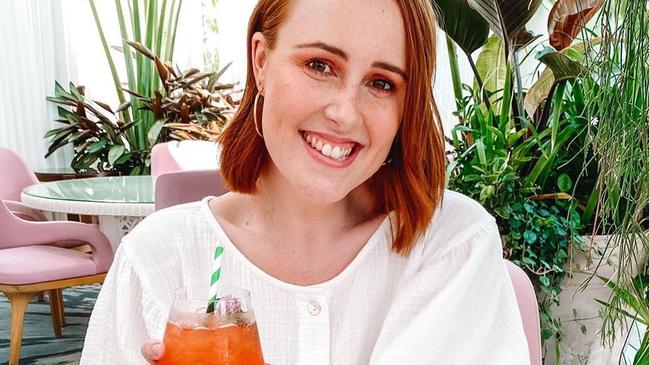
After surgery, which also saw some of her lymph nodes removed, Ms Mangan was told to get skin checks every three months.
“I thought that would be it as they were happy with the margins [of the amount of tissue removed],” she said.
But at the end of 2019 she felt a lump in her arm.
“It was deep in my arm, you couldn’t see anything on the outside but there was a little lump, and it ends up being two melanoma lumps that were stage 3b cancer,” she said.
Stage 3b cancer is much more serious than the level 4 melanoma she had previously, and this time the treatment was more aggressive.
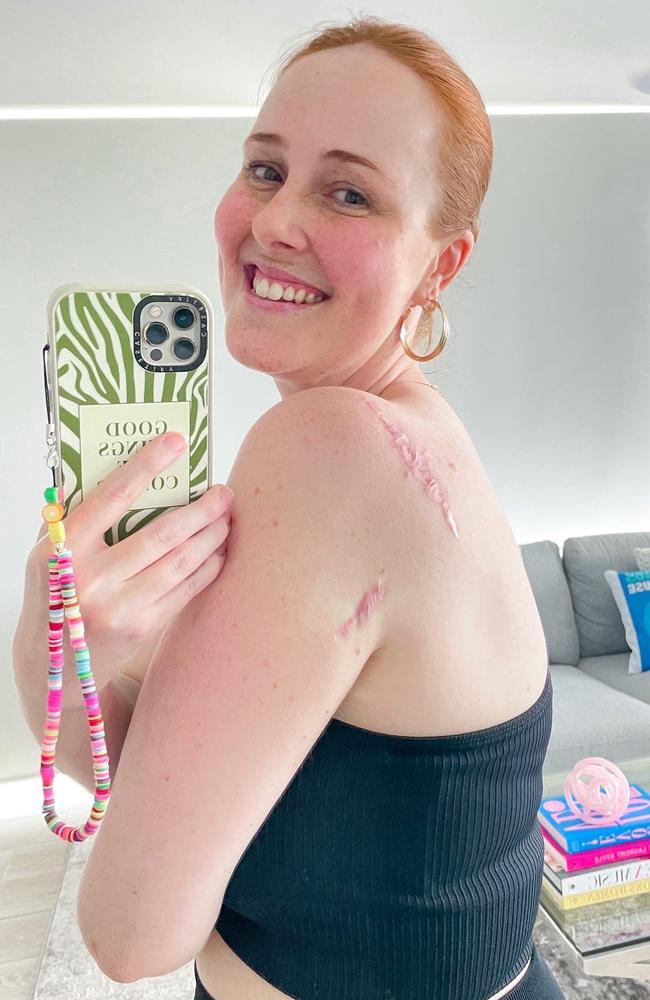
Ms Mangan was advised to freeze her eggs to give her a chance of having children if she survived, and then had immunotherapy for a year until February 2021.
By May she got news the cancer had spread to her bowel and other organs and was now stage 4 cancer.
She had the tumour removed surgically but again it spread, this time to her thigh. She began an even more aggressive round of immunotherapy. Three months of treatment seemed to work and in December her cancer had disappeared.
“The chance of treatment working is only 30 per cent so that’s really scary,” she said.
“I think people are a bit naive about how insidious and aggressive it can be. I think we all inherently believe that it will never happen to me.”
Ms Mangan needs to continue with immunotherapy for another two years, getting treatment once a month, but she hopes she has managed to beat the disease permanently.
At this point she is just grateful to have a future.
“The stats for stage 4 cancer survivors are pretty grim,” she said.
“I was 35, single, had no kids, and it was a really scary thought — even the thought that I have the potential to live my life now is amazing.”
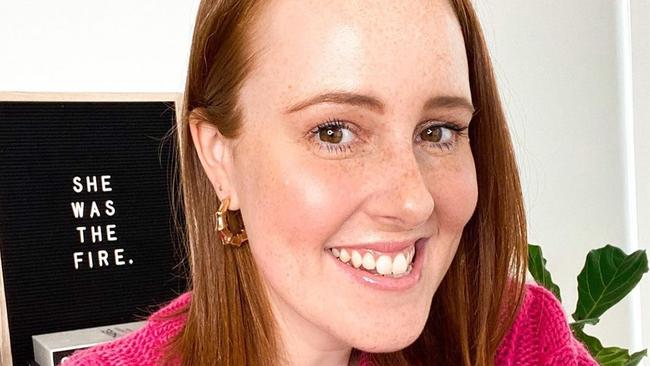
Ms Mangan is now focused on spreading awareness about sun safety.
“If it can happen to me, it can happen to anyone,” she said.
“I think Australians think a tan is healthy and that it’s more appealing but we are glamorising a very dangerous trend that can actually risk your life.”
In Queensland, the sun is so strong, it’s often UV three or above, which is the level at which Cancer Council recommends people protect themselves using five measures: Slip on a long-sleeved shirt. Slop on broad-spectrum, water-resistant SPF 30 or higher sunscreen. Slap on a broad-brimmed hat. Seek share and Slide on sunglasses.
UV levels can be high even on overcast or cold days, with people advised to check UV levels on their weather app, Cancer Council’s SunSmart app or at myuv.com.au. The Bureau of Meteorology also has sun protection times on its app.
Around 2000 Australians die every year from skin cancer and the Australian Institute of Health and Welfare estimated 16,878 Australians would be diagnosed with melanoma in 2021, making melanoma the third most commonly diagnosed cancer in Australia each year.
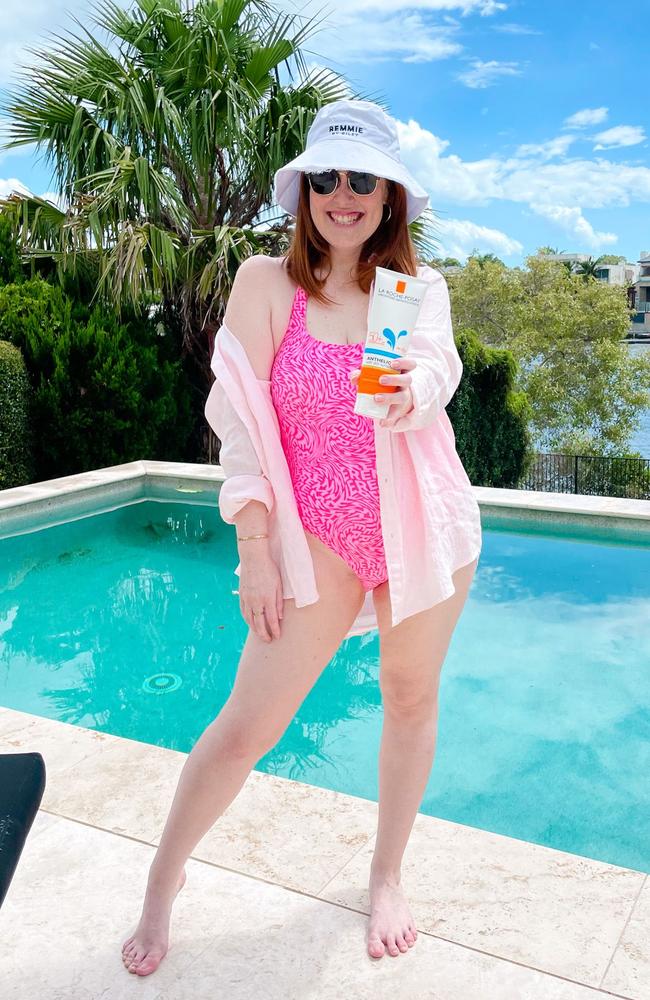
Originally published as Everyday activities like driving could expose people to the risk of skin cancer



